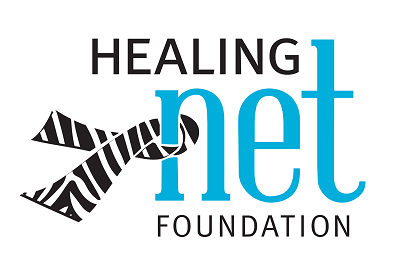Complementary, Integrative or Alternative Medicine
/Many Americans use medical treatments that are not part of mainstream medicine. When you are using these types of care, it may be called complementary, integrative, or alternative medicine.
Complementary medicine is used together with mainstream medical care. An example is using acupuncture to help with side effects of cancer treatment.
When health care providers and facilities offer both types of care, it is called integrative medicine.
Alternative medicine is used instead of mainstream medical care.
--National Institutes of Health, U.S. National Library of Medicine, Medline Plus
Treatment modalities that are not typically part of conventional medical care in the United States may be used in conjunction with mainstream medicine. Don’t be surprised if the physicians treating your cancer suggest some complementary treatments for you to try in an effort to manage pain, reduce stress, or generally improve quality of life. Make your medical team aware of complementary approaches you are using.
Such offerings as yoga, chiropractic manipulation, and meditation are all popular complementary therapies. There is a wide range of such mind and body practices: acupuncture, massage, tai chi, qi gong, mindfulness-based stress reduction, relaxation techniques (such as breathing exercises and guided imagery), hypnotherapy, and dance, art or music therapy.
Dietary supplements are used by many Americans, but they can interact with drugs so check with your doctor first.
Traditional medicine, such as Ayurvedic medicine, traditional Chinese medicine, homeopathy, and naturopathy, can also complement Western medicine.
Read more by the National Center for Complementary and Integrative Health: NCCIH.nih.gov
Memorial Sloan Kettering Cancer Center provides information about herbs and cancer treatment, including a searchable database: MSKCC.org



